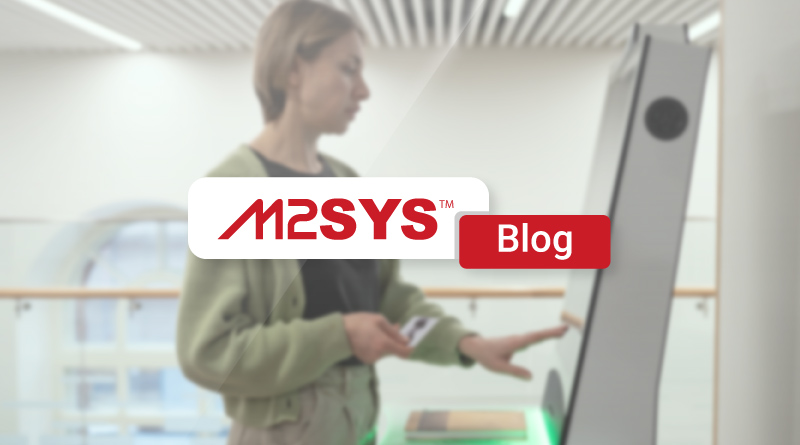How Body Guards Use Biometric Technology on the Job

The following guest post on the use of biometric technology by body guards was submitted by Jason Mueller.
The idea for biometric scanners and biometric technology has been around for decades and people have been recording fingerprints for more than a century, but this technology has advanced dramatically in the past 20 years along with the advent of computers and more capable electronics. Today biometrics are used for computer access, to screen employees, to secure buildings and for many other purposes. They’re highly reliable, and cost-effective to use. Even personal body guards are putting biometric technology to use during their jobs.
Quickly Screen for Dangerous Suspects
Body guards are charged with protecting people or valuable locations from trouble. One of their key tasks is to evaluate people before they get too close to those important assets they’re charged with protecting. Biometric scanners make this task much easier to complete. Guards are using fingerprint, hand and iris scanners to quickly identify dangerous criminals. Wanted criminals often have their fingerprints in a database, and it’s common to collect iris data as well today. A quick biometric scan can pick up hits from the national criminal database if the person being scanned is wanted for a crime, making it quick and easy to prevent some criminals from entering various businesses, schools, apartment buildings and event venues.
Many security companies post biometric scanners at security checkpoints or use them at the front door to protect powerful people or celebrities in their homes, concert attendees, patients in medical facilities, employees and clients at large corporations and other locations to assist with identifying possible known criminals and effectively repelling them from entrance. This is a great solution for companies looking to deter negative or potentially dangerous activity on their premises.
Effectively Secure a Structure
One of the most practical uses of biometric systems is securing a building against unwanted intruders, especially when several people need access daily. Security guards and body guards employ hand scanners and iris scanners to keep out everyone but the select few with access. This makes protecting important buildings or individuals easier, and reduces the number of incidents that the guard must deal with.
Lock up Vehicles
Body guards often double as chauffeurs, or drivers to high-profile celebrities or company CEO’s or important clients. By equipping the security vehicles with biometric tech, guards can ensure that they’re locked down in-between uses, and that the person remains safely protected inside a vehicle if the guard must step away.
Screen Staff Members
High-profile professionals and celebrities are known for hiring staff to help them out daily. They can’t rely on a standard background check alone to ensure that the employee is a safe and reliable one. Instead, their body guards often employ biometric scans as well to ensure that the future employee isn’t in a criminal database under a different name. The procedure is quick and easy to go through, but very important to keep away unknown criminals. In the medical industry, this is an important type of screening to use when verifying the background or criminal history of potential healthcare workers coming on board. It can also be a way to help keep healthcare workers safe during their typical workday.
Protect Sensitive Information
Many modern-day body guards are charged with operating surveillance systems, and protecting important data as well. With biometric locks available for computers, smart phones and most electronic products available today, it’s much easier to keep vital data sources locked down tight.
Secure Firearms
Many body guards rely on biometric technology to secure their firearms. This happens in two different ways. Gun cabinets are secured with biometric locks, preventing unwanted access to dangerous firearms. Some body guards also have fingerprint scanners on their pistols themselves. This ensures that only they can fire the weapons, and creates a safer working environment. When it comes to firearms, biometrics offers one of the most efficient ways to secure them effectively.
It takes a lot of work to protect a high-profile person, especially when that’s someone like a well-known celebrity, or a high-power government official. Biometric technology is making that job just a little bit easier, but technology still has ways to go. As tech improves, we will see better ways for security companies to improve the way their guards can protect people, and can offer more effective services overall.
Jason has been working with his company First Security in different sectors of the security industry. On his spare time, he likes to hike and travel.















